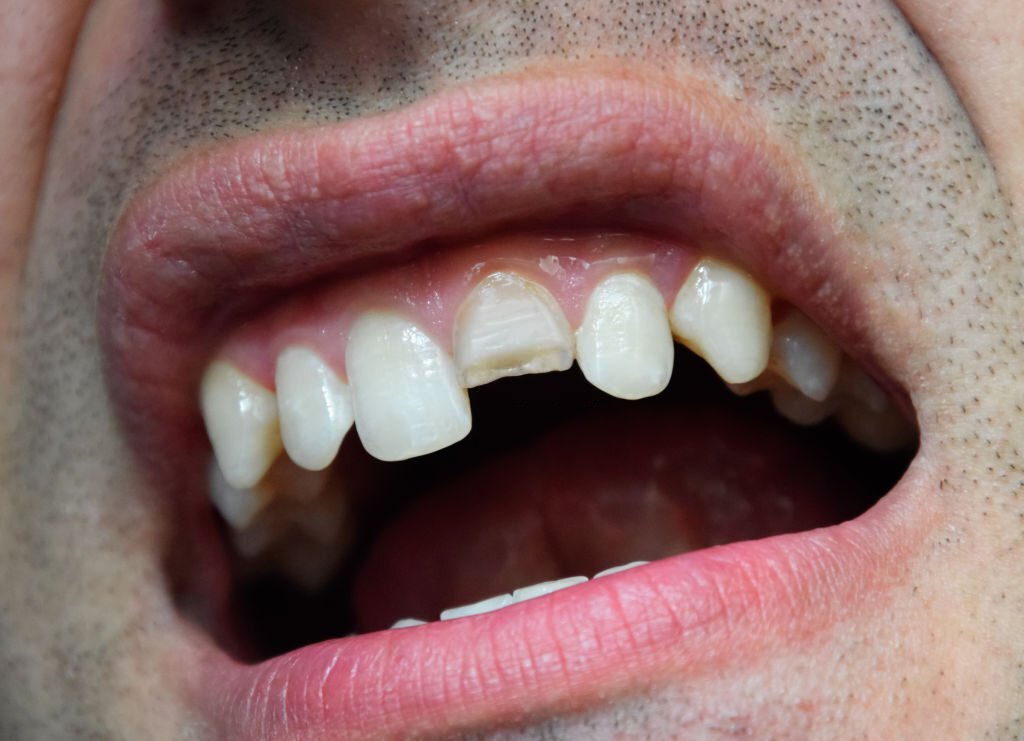Introduction
Tooth sensitivity is a common dental issue that affects millions of people worldwide. It occurs when the protective layer of enamel on the teeth is worn down or when the gums recede, exposing the underlying dentin. Gum recession, a condition where the gums pull away from the teeth, can lead to increased sensitivity as the sensitive root surfaces become exposed. Dealing with tooth sensitivity can be uncomfortable, but with the right knowledge and care, you can effectively manage it, even with gum recession. In this comprehensive blog, we will explore the causes of tooth sensitivity with gum recession, the importance of gum health, expert tips to manage sensitivity, and the gentle care required to maintain a healthy and comfortable smile.
Understanding Gum Recession and Tooth Sensitivity
Gum recession occurs when the gum tissue that surrounds and protects the teeth gradually pulls away, exposing the roots of the teeth. The exposed root surfaces are not covered by enamel and contain numerous dentin tubules that connect to the tooth nerve. When these tubules are exposed, external stimuli such as hot, cold, sweet, or acidic foods and beverages can trigger nerve responses, leading to tooth sensitivity and discomfort.
Causes of Gum Recession and Tooth Sensitivity
Poor Oral Hygiene:
Inadequate brushing and flossing can lead to the buildup of plaque and tartar, which can irritate and inflame the gums, causing them to recede.
Aggressive Brushing:
Brushing too hard or using a toothbrush with hard bristles can damage the delicate gum tissue and lead to gum recession.
Gum Disease:
Gingivitis and periodontitis, both forms of gum disease, can cause the gums to recede if left untreated.
Teeth Grinding (Bruxism):
Clenching or grinding the teeth can exert pressure on the gums, leading to recession over time.
Genetic Predisposition: Some individuals may have a genetic predisposition to gum recession, making them more susceptible to the condition.
Importance of Gum Health
Healthy gums are essential for maintaining overall oral health. They act as a protective barrier, holding the teeth securely in place and guarding against bacteria and infection. When gum recession occurs, the roots of the teeth become exposed, making them more vulnerable to decay, sensitivity, and other dental issues. It is crucial to prioritize gum health to prevent and manage tooth sensitivity caused by gum recession.

Managing Tooth Sensitivity with Gum Recession – Gentle Care
Adopt a Gentle Brushing Technique
Gentle brushing is key to managing tooth sensitivity with gum recession. Use a soft-bristled toothbrush and apply gentle, circular motions when brushing your teeth. Avoid aggressive scrubbing, as it can further irritate the gums and exacerbate sensitivity.
Use Desensitizing Toothpaste
Desensitizing toothpaste containing ingredients like potassium nitrate or fluoride can help block the exposed dentin tubules and provide relief from sensitivity. Use a pea-sized amount of desensitizing toothpaste when brushing, focusing on the areas of sensitivity.
Practice Proper Oral Hygiene
Maintaining excellent oral hygiene is crucial for managing gum recession and tooth sensitivity. Brush your teeth at least twice a day and floss daily to remove plaque and debris from between the teeth and along the gumline. Proper oral care reduces the risk of gum inflammation and further recession.
Rinse with Fluoride Mouthwash
Fluoride mouthwash can strengthen enamel and provide additional protection against sensitivity. Rinse your mouth with fluoride mouthwash after brushing to enhance your dental health.
Limit Acidic Foods and Beverages
Acidic foods and beverages can contribute to enamel erosion and increase tooth sensitivity. Reduce your consumption of citrus fruits, tomatoes, soda, and other acidic items. When you indulge in acidic foods, rinse your mouth with water afterward to neutralize the acid.
Manage Teeth Grinding (Bruxism)
If you grind or clench your teeth (bruxism), address this issue with your dentist. Bruxism can put excessive pressure on the teeth and gums, contributing to gum recession. Your dentist may recommend a custom mouthguard to protect your teeth and gums while you sleep.
Schedule Regular Dental Checkups
Regular dental checkups are essential for managing gum recession and tooth sensitivity. Your dentist will monitor your gum health, provide professional cleanings, and address any dental concerns promptly.
Consider Gum Grafting
In severe cases of gum recession, your dentist may recommend gum grafting. This procedure involves taking gum tissue from another part of your mouth and grafting it onto the exposed root surfaces. Gum grafting can help cover the exposed roots, reduce sensitivity, and promote gum tissue regeneration.
Conclusion
Managing tooth sensitivity with gum recession requires gentle care and attention to oral health. Gum recession exposes the sensitive root surfaces of the teeth, making them more susceptible to discomfort and sensitivity. By adopting a gentle brushing technique, using desensitizing toothpaste and fluoride mouthwash, maintaining proper oral hygiene, and limiting acidic foods, you can effectively manage tooth sensitivity caused by gum recession.Remember to schedule regular dental checkups to monitor your gum health and address any dental concerns promptly. If you experience severe tooth sensitivity or persistent gum recession, consult your dentist for a personalized treatment plan. Embrace gentle care and prioritize gum health to enjoy a healthy and comfortable smile for years to come. With the right approach, tooth sensitivity with gum recession can be managed, and you can smile with confidence and ease.


